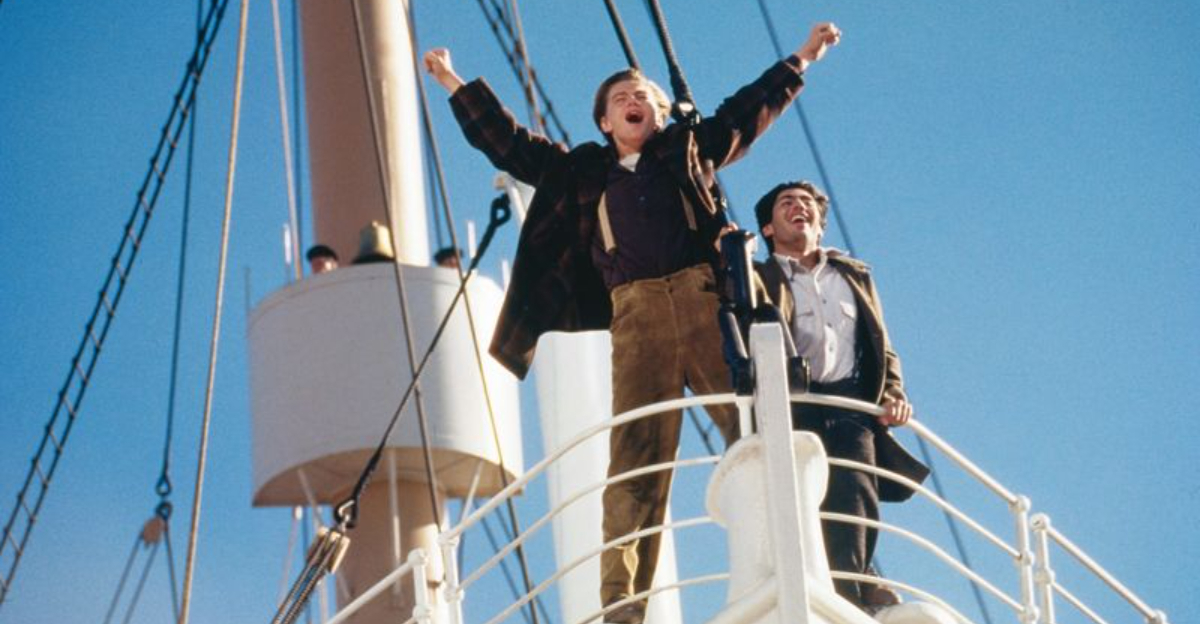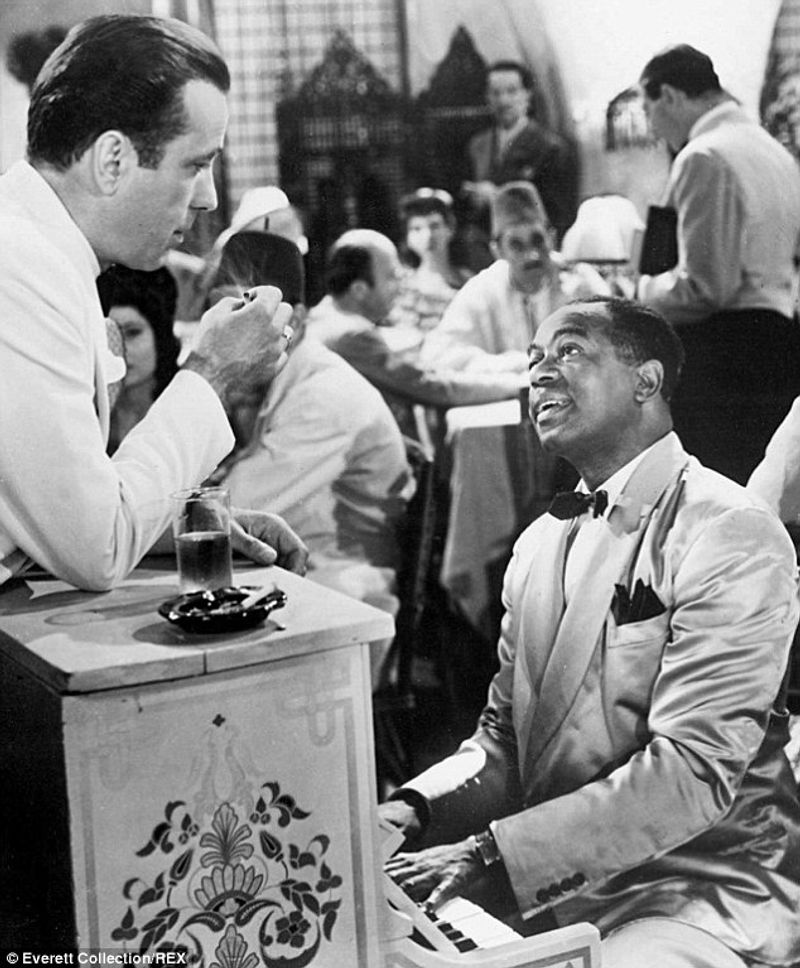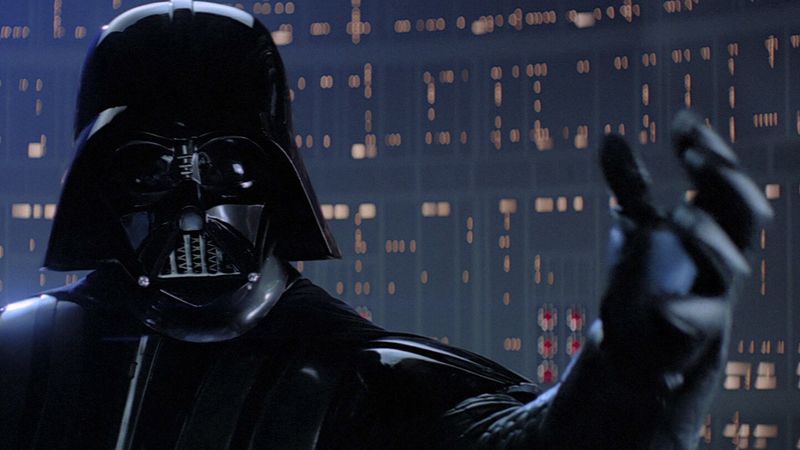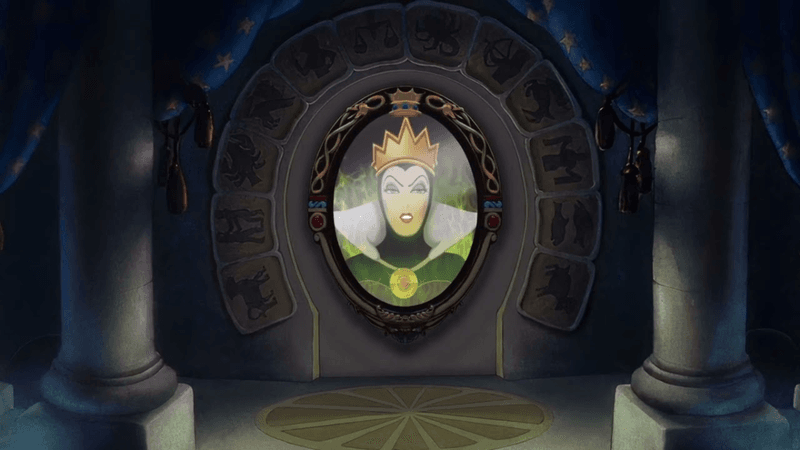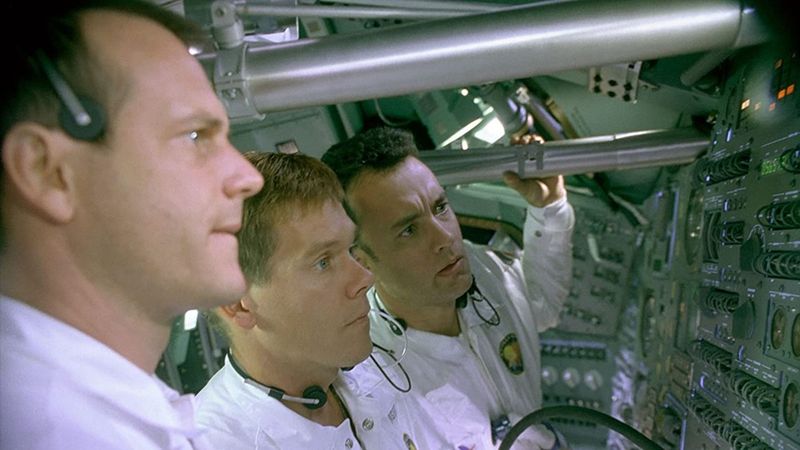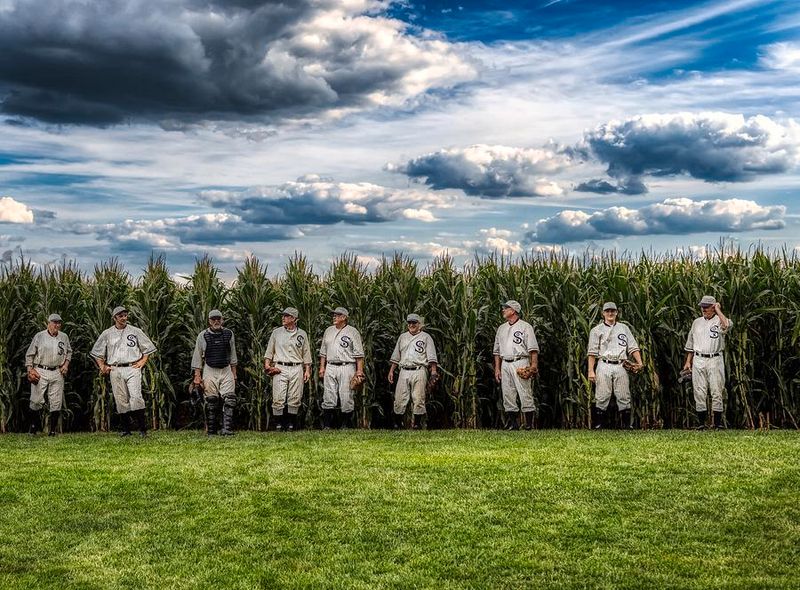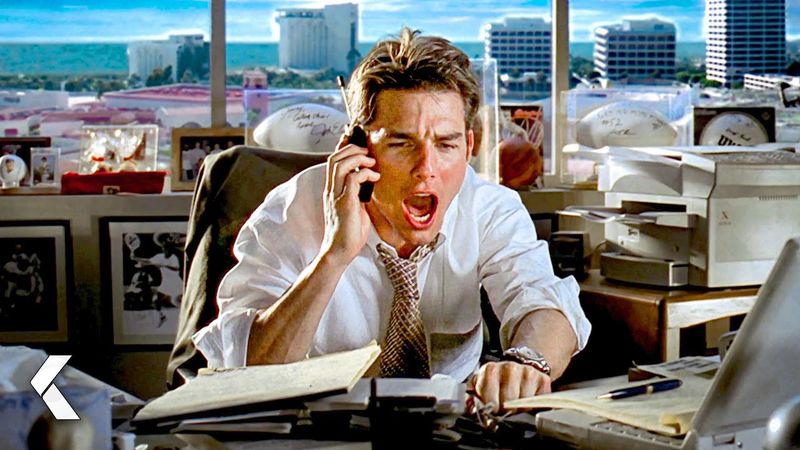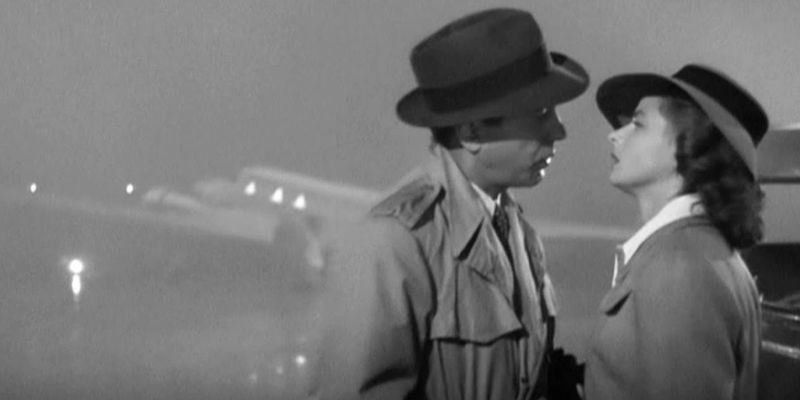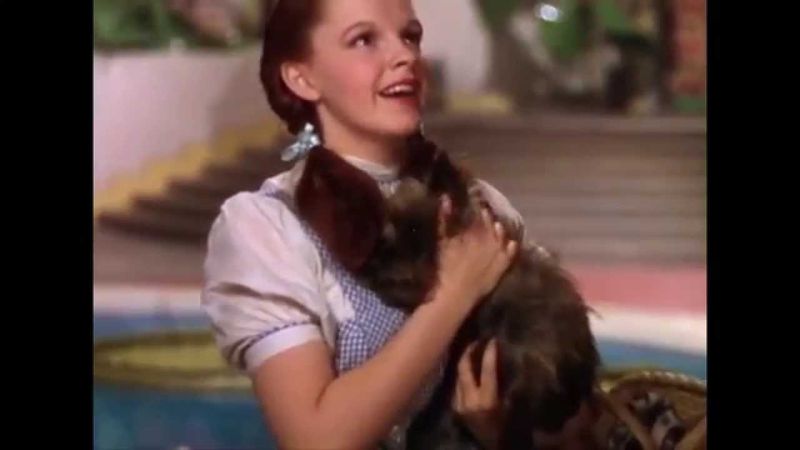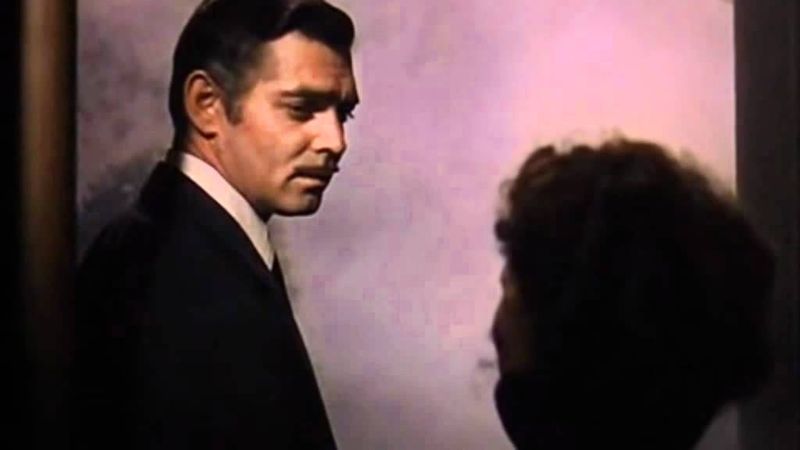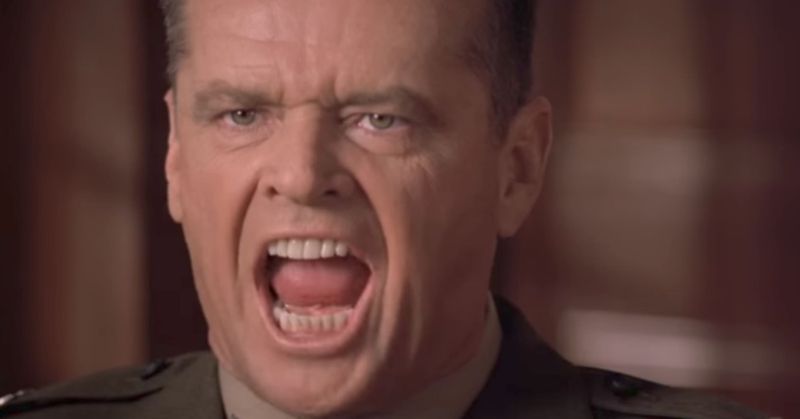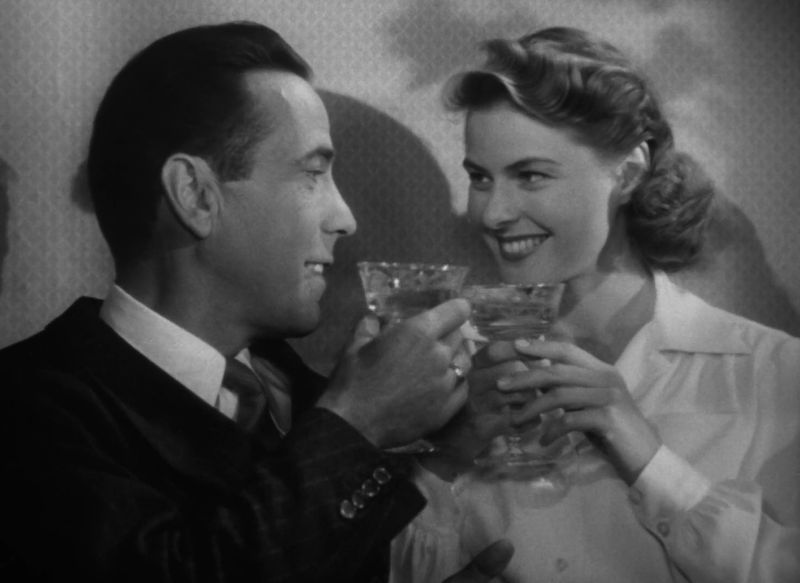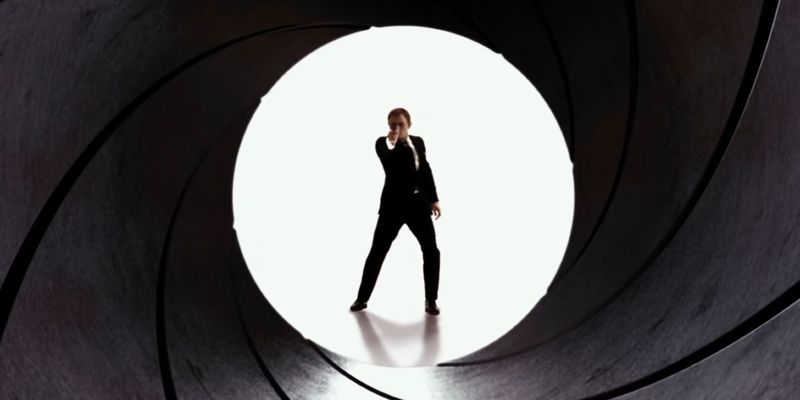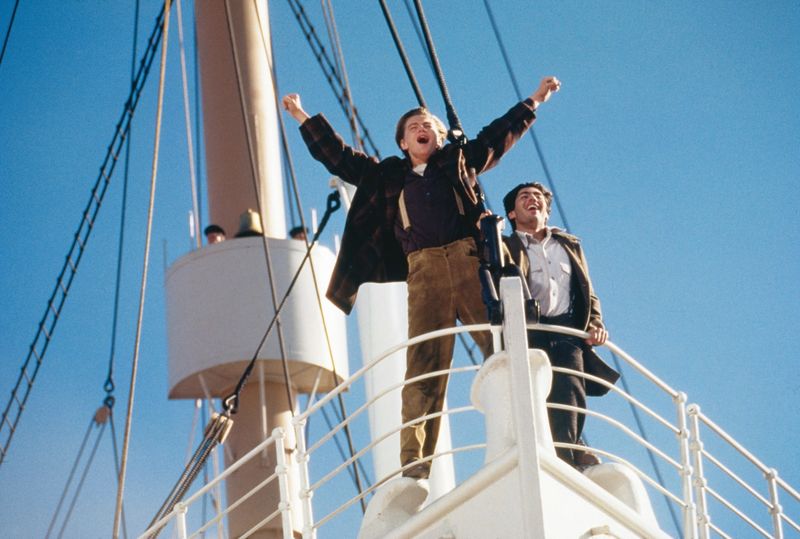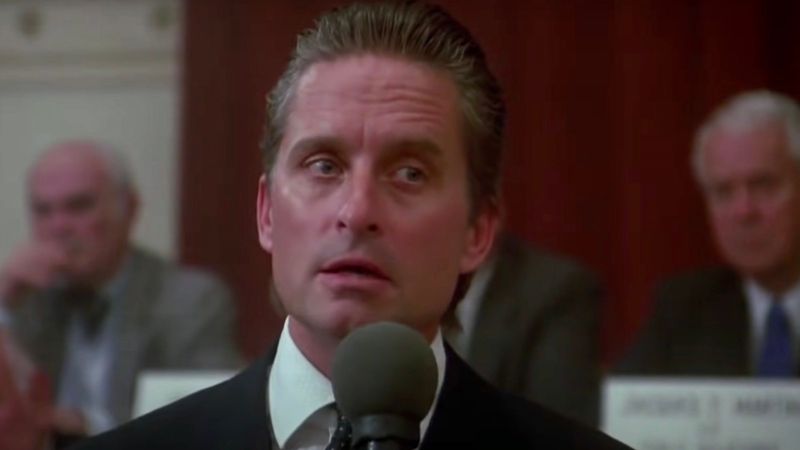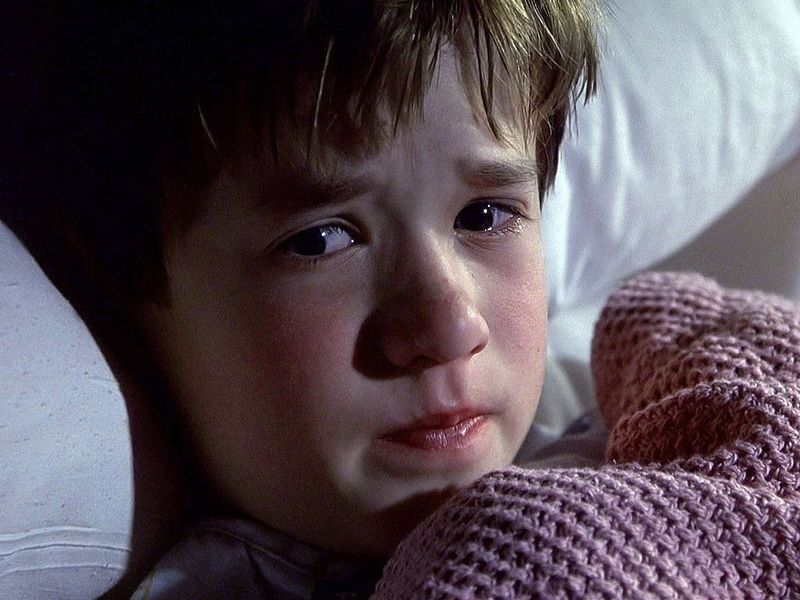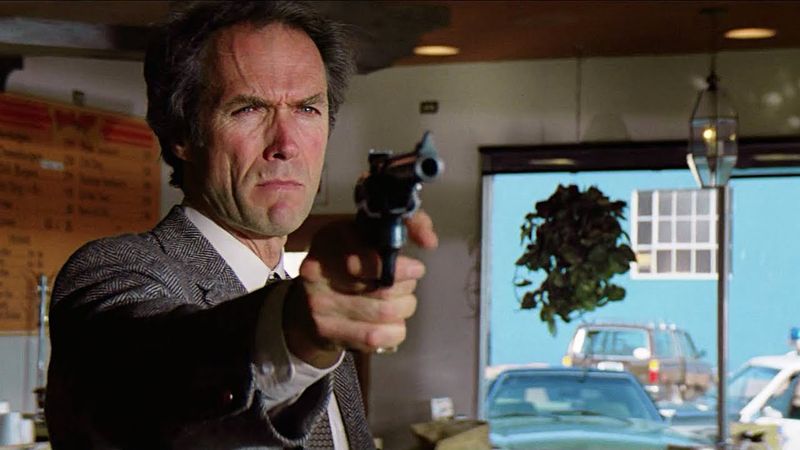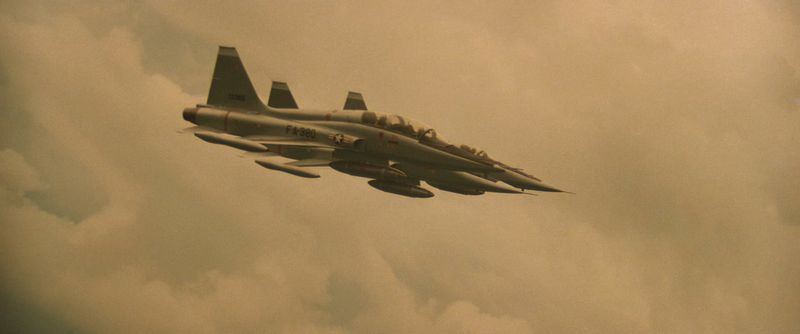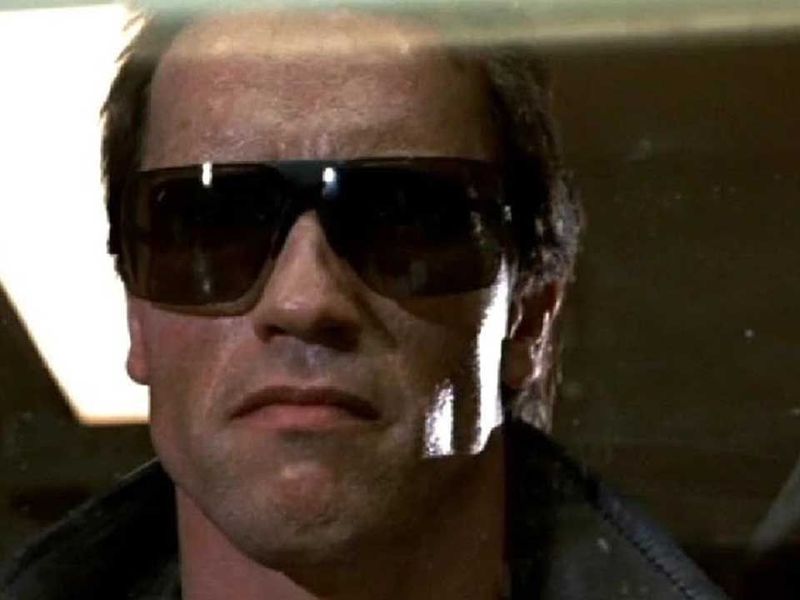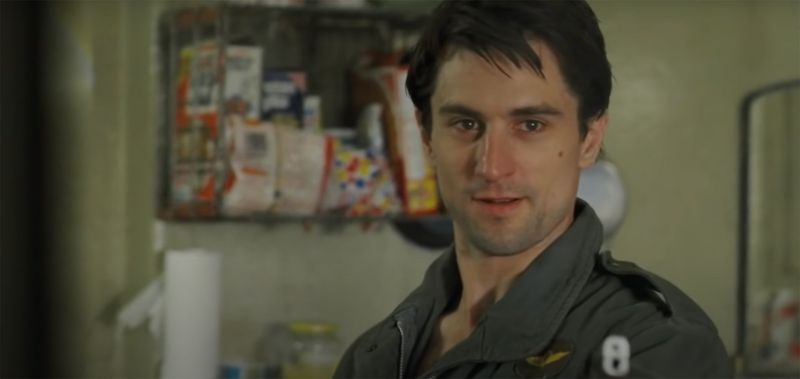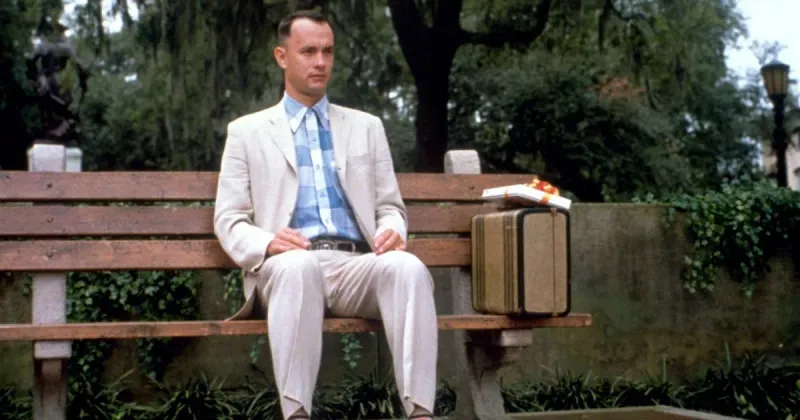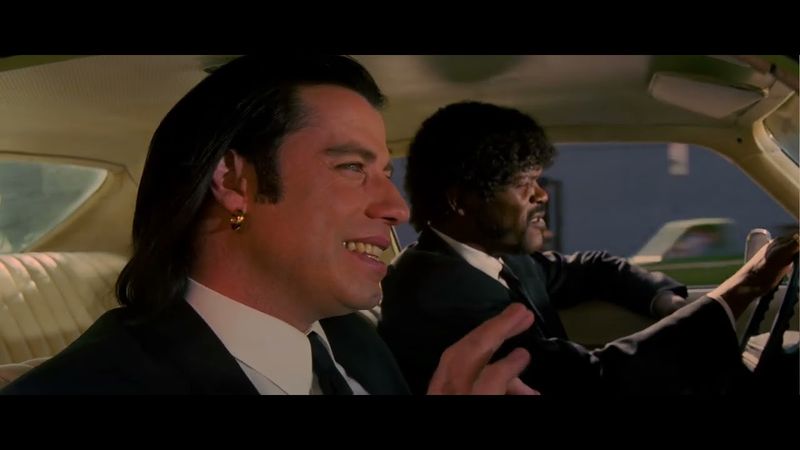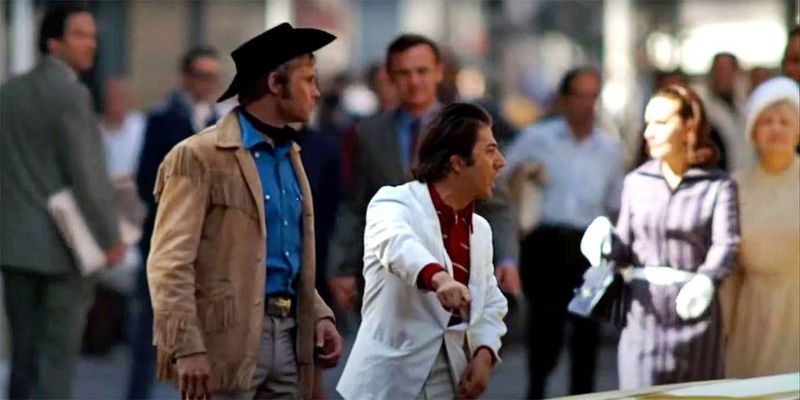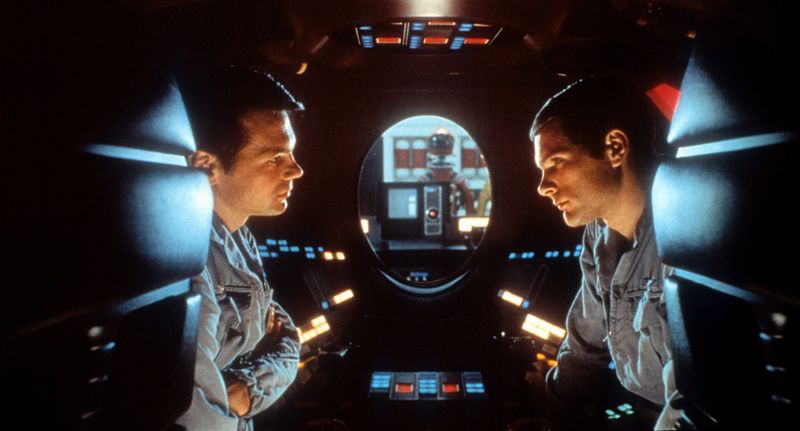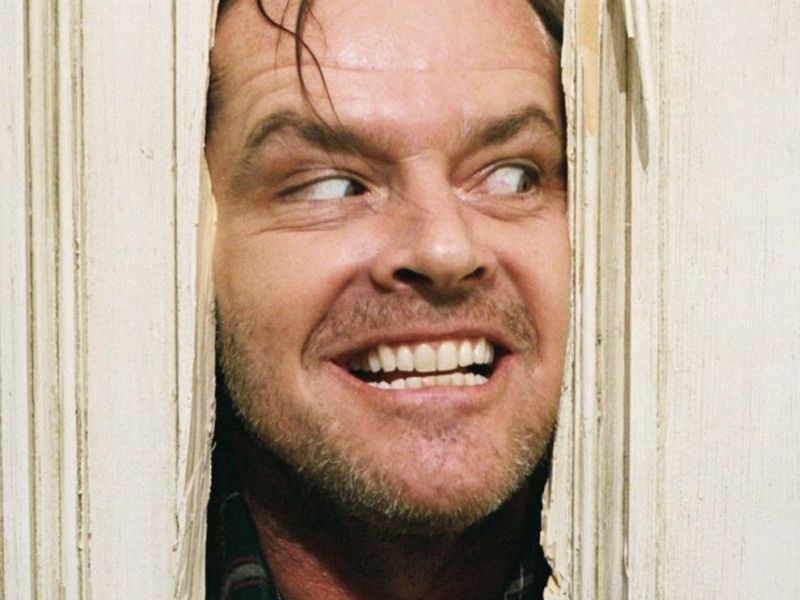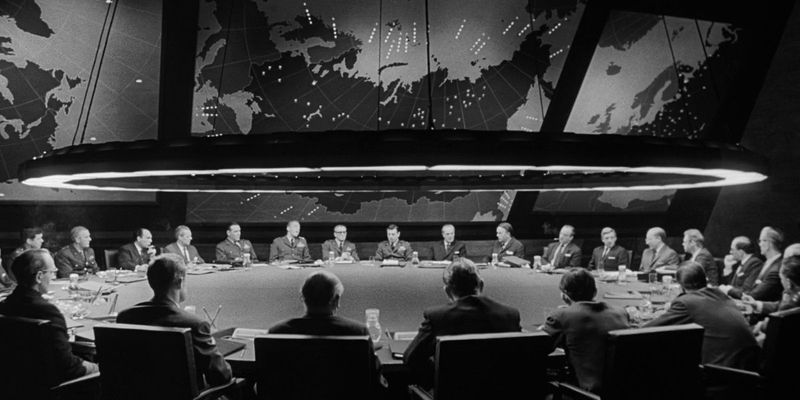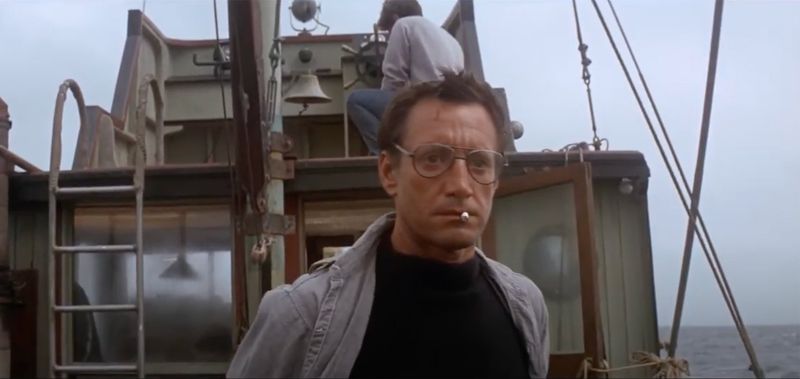Throughout cinematic history, certain movie lines have permeated popular culture, often taking on lives of their own. However, many of these iconic quotes have been distorted or misquoted over time. In this article, we’ll explore 30 famous movie lines that have been frequently misquoted, shedding light on their true origins and meanings. Whether it’s the classic allure of Casablanca or the thrilling adventures in Star Wars, these lines continue to captivate audiences, even if they aren’t always remembered accurately.
1. “Play it again, Sam.”
In the smoky ambiance of Rick’s Café Américain, a piece of film folklore was born. Often uttered in homage to the timeless romance of Casablanca, people remember “Play it again, Sam.” Yet, the true dialogue captures a moment of longing: “Play it, Sam. Play ‘As Time Goes By’.” The subtle difference speaks volumes about memory and nostalgia. This misquote underscores the enduring power of classic cinema, reminding us that sometimes, the words we think we know best hold surprises. It invites a reflection on how legends are crafted and why they linger in our hearts.
2. “Luke, I am your father.”
In the vast, starry expanses of the galaxy, a revelation shook the universe. Fans recall “Luke, I am your father,” but the actual line is more dramatic: “No. I am your father.” This pivotal moment in The Empire Strikes Back altered the saga’s trajectory and redefined familial ties in fiction. The misquote still lingers, echoing in pop culture as a testament to storytelling’s impact. It highlights how the essence of a scene can resonate deeply, even when the precise words are lost. Such moments endure, shaping our cultural landscape.
3. “Mirror, mirror on the wall…”
In a kingdom of enchantment, the iconic phrase “Mirror, mirror on the wall” is frequently recalled. Yet, the true incantation from Snow White is “Magic mirror on the wall, who is the fairest one of all?” This subtle alteration transforms a simple query into a mystical ritual, emphasizing the fairy tale’s otherworldly charm. The misquote persists, symbolizing our collective memory’s whimsical nature. It reminds us of the enchantment woven into classic tales and the allure that keeps them alive, inviting generations to revisit their magic.
4. “Elementary, my dear Watson.”
In the foggy streets of Victorian London, Sherlock Holmes’ keen insights have fascinated readers and viewers alike. The phrase “Elementary, my dear Watson” is widely attributed to him, yet it never appeared in Conan Doyle’s original works. Holmes did say “Elementary” and referred to Watson affectionately but never combined them into this iconic phrase. This blend of deduction and friendship remains emblematic of the detective duo’s enduring legacy. The misquote exemplifies how cultural memory evolves, shaping our perception of legendary characters and their tales.
5. “Houston, we have a problem.”
In the tension-filled corridors of space exploration, a phrase emerged that captured human resilience. Remembered as “Houston, we have a problem,” the actual words from Apollo 13 were “Okay, Houston… we’ve had a problem here.” This slight shift highlights the immediacy and crisis management during a historic mission. The misquote has transcended its origins, symbolizing challenges faced and overcome. It serves as a reminder of human ingenuity under pressure, inspiring generations to face their own “problems” with courage and determination.
6. “If you build it, they will come.”
In the heartland of America, a field of dreams whispered promises of hope. Many remember the line as “If you build it, they will come,” from the film Field of Dreams. However, the actual words are “If you build it, he will come,” referring to a singular figure. This nuanced shift captures the film’s personal quest and spiritual journey. The misquote endures, reflecting our collective yearning for connection and fulfillment. It illustrates how stories resonate, evolving in our minds and hearts, inspiring us to pursue our dreams.
7. “Show me the money!”
In the high-stakes world of sports management, a call to action reverberated: “Show me the money!” While the line from Jerry Maguire is accurate, it’s often misremembered with added flair or context. This emphatic demand reflects ambition and desire in a competitive industry. Its persistence in popular culture underscores the universal appeal of success and recognition. This moment captures the exuberance and vulnerability of pursuing one’s dreams, resonating with anyone who has ever dared to demand more from life.
8. “I love the smell of napalm in the morning.”
In the haze of Vietnam, a sentiment emerged from the chaos. Often recalled as “I love the smell of napalm in the morning,” the full line from Apocalypse Now adds depth: “I love the smell of napalm in the morning. Smells like… victory.” This juxtaposition of destruction and victory captures the film’s haunting essence. The misquote, stripped of context, still evokes the grim realities of conflict. It stands as a testament to the complexities of war, urging us to reflect on the fine line between triumph and devastation.
9. “We’ll always have Paris.”
In the bittersweet embrace of Casablanca, a promise echoes through time: “We’ll always have Paris.” While the line is often remembered, its full context reveals a deeper loss: “We’ll always have Paris… We didn’t have, we lost it until you came to Casablanca.” This adds layers to the romance, highlighting the fleeting nature of love. The phrase, in its brevity, captures nostalgia and longing, serving as a poignant reminder of moments cherished and lost. It resonates with anyone who has cherished a memory long past.
10. “Toto, I don’t think we’re in Kansas anymore.”
In a whirlwind of wonder, Dorothy’s realization struck a chord with audiences. Yet, the phrase from The Wizard of Oz is slightly different: “Toto, I’ve a feeling we’re not in Kansas anymore.” This subtle variation captures the awe of discovering the unknown. The misquote persists, symbolizing the journey from the familiar to the fantastical. It invites us to embrace curiosity and adventure, reminding us that sometimes the most profound insights come from stepping beyond our comfort zones into new, vibrant worlds.
11. “Frankly, my dear, I don’t give a damn.”
In the grandeur of the Old South, a defiant declaration resounded. Often misremembered with added names, the true line from Gone with the Wind is “Frankly, my dear, I don’t give a damn.” This moment captures a turning point, embodying the film’s themes of pride and resilience. The misquote, though subtle, highlights the power of delivery and context. It remains a defining moment in cinema, symbolizing the strength to move forward despite heartache. It resonates as a universal expression of letting go and forging ahead.
12. “You can’t handle the truth!”
In the charged atmosphere of a courtroom, a truth bomb detonated. The line “You can’t handle the truth!” from A Few Good Men is remembered for its fiery intensity, though often exaggerated beyond the film’s context. Its authenticity captures the clash between duty and morality, resonating with anyone who has faced harsh realities. The persistence of this line in popular culture underscores its thematic impact, challenging us to confront uncomfortable truths head-on. It stands as a powerful reminder of the complexities in seeking justice.
13. “Here’s looking at you, kid.”
In the dim glow of Rick’s Café, a toast to romance and memory was made. Often quoted as “Here’s looking at you, kid,” the line is repeated with subtle variations, emphasizing its emotional weight. This phrase from Casablanca embodies the film’s themes of love and sacrifice, capturing the timeless allure of fleeting moments. Its endurance in popular culture underscores the universal appeal of cherished memories and heartfelt goodbyes. It invites reflection on the tender balance between past and present, a testament to love’s enduring spirit.
14. “May the Force be with you.”
In a galaxy far, far away, a blessing of protection and hope was given. While “May the Force be with you” is often recalled, the full phrase in Star Wars is “And we’d better be careful… may the Force be with you.” This nuance adds an element of caution to the adventure. The enduring power of this phrase lies in its universal appeal, symbolizing unity and strength in the face of adversity. It continues to inspire those who embark on journeys, reminding us that faith and fellowship are guiding stars.
15. “Bond. James Bond.”
In the world of espionage and elegance, an introduction became iconic. Often remembered as “Bond. James Bond,” the correct phrasing is “The name’s Bond… James Bond.” This subtle shift adds a layer of sophistication to the character’s suave demeanor. The persistence of this line in popular culture underscores its enduring charm and allure. It captures the essence of the James Bond franchise, blending danger with debonair style. It stands as a testament to the character’s timeless appeal, inviting audiences into a world of intrigue and adventure.
16. “I’m the king of the world!”
On the prow of the Titanic, a triumphant exclamation rang out. While “I’m king of the world!” is often remembered, the correct quote is “I’m the king of the world!” from Titanic. This moment of exuberance and freedom captures the spirit of adventure and discovery. The misquote, though minor, reflects the contagious joy of seizing the moment. It stands as a symbol of uninhibited expression, resonating with anyone who has ever embraced life’s possibilities with open arms.
17. “Greed is good.”
In the cutthroat world of finance, a mantra of ambition emerged. Commonly remembered as “Greed is good,” the full quote from Wall Street is “Greed, for lack of a better word, is good.” This nuance highlights the film’s critique of corporate excess and moral ambiguity. The misquote persists, symbolizing the seductive allure of wealth and power. It serves as a cautionary tale, reminding us of the fine line between ambition and avarice. It challenges us to reflect on the ethical dimensions of success and the cost it bears.
18. “I see dead people.”
In the realm of the unknown, a chilling confession lingered. Often whispered in suspense, “I see dead people” from The Sixth Sense captivates with its eerie simplicity. While the line is accurate, it’s frequently over-enunciated in popular culture. This haunting moment underscores the film’s themes of perception and reality. Its persistence in our collective memory highlights the power of fear and revelation. It stands as a reminder of the unseen forces that shape our lives, inviting us to question what lies beneath the surface.
19. “Go ahead, make my day.”
In the gritty world of justice and retribution, a challenge was issued: “Go ahead, make my day.” While accurately quoted from Sudden Impact, this line is often conflated with others, capturing the essence of a tough, no-nonsense attitude. Its persistence in popular culture reflects our fascination with defiance and resilience. It serves as a symbol of standing strong in the face of adversity, resonating with anyone who has ever faced a challenge head-on. It invites us to embrace our inner strength and determination.
20. “I love the smell of victory.”
Amid the chaos of battle, reflections on triumph were made. Though often recalled as “I love the smell of victory,” the actual line from Apocalypse Now is “I love the smell of napalm in the morning. Smells like… victory.” This misquote strips the context, yet captures the bittersweet reality of war. It stands as a reminder of the complexities of conflict, urging us to ponder the duality of success and sacrifice. It resonates with anyone who has ever faced the moral ambiguities of victory and defeat.
21. “I’ll be back.”
In the realm of science fiction, a promise became an anthem: “I’ll be back.” While the line from The Terminator is accurately remembered, it’s often exaggerated with dramatic flair. This simple declaration embodies resilience and determination, resonating with audiences worldwide. Its persistence in pop culture underscores its universal appeal, symbolizing the relentless pursuit of goals. It invites us to embrace persistence and adaptability in the face of obstacles, reminding us that setbacks are merely stepping stones to future success.
22. “You talking to me?”
In the gritty streets of New York, a moment of introspection became iconic. Widely quoted as “You talking to me?” the actual line from Taxi Driver is “You talkin’ to me?” This subtle shift captures the raw authenticity of the character’s inner turmoil. The misquote endures, resonating with our fascination with identity and self-perception. It invites us to explore the complexities of self-dialogue, reminding us that the most profound conversations often happen within. It stands as a symbol of self-reflection and existential inquiry.
23. “Life is like a box of chocolates.”
In the warmth of Southern charm, a reflection on life’s unpredictability was shared. Commonly recalled as “Life is like a box of chocolates,” the true quote from Forrest Gump is “Life was like a box of chocolates. You never know what you’re gonna get.” This subtle change shifts the perspective from generalization to personal reflection. The misquote persists, symbolizing the whimsical nature of fate and choice. It invites us to embrace life’s uncertainties, reminding us that surprises are an inherent part of the journey.
24. “They call it a Royale with Cheese.”
In a casual, yet profound exchange, a glimpse into cultural nuances was given. Often recalled as “They call it a Royale with cheese,” the full dialogue from Pulp Fiction highlights the quirks of globalization: “You know what they call a Quarter Pounder with Cheese in Paris? They call it a Royale with Cheese.” This nuanced conversation captures the film’s exploration of everyday life’s absurdities. The misquote persists, symbolizing the charm of cultural differences. It invites us to ponder the significance of seemingly trivial details in shaping our world.
25. “I’m walking here!”
In the hustle and bustle of city life, a declaration of presence was made. While “I’m walking here!” is often quoted, the full line from Midnight Cowboy is “I’m walkin’ here! I’m walkin’ here!” This subtle difference captures the defiance and resilience of urban life. The misquote persists, symbolizing the grit and determination of those who navigate chaotic environments. It invites us to embrace our own tenacity, reminding us that sometimes the most profound statements are uttered in the heat of the moment.
26. “Open the pod bay doors, HAL.”
In the vastness of space, a request became a symbol of technology’s ambivalence. Accurately quoted from 2001: A Space Odyssey, “Open the pod bay doors, HAL” is often misrecalled as “Open the pod doors, HAL.” This subtle shift highlights the nuances of human-machine interaction. The persistence of this line in popular culture underscores our fascination with AI and autonomy. It invites us to reflect on the dynamics of control and dependence, reminding us of the ethical considerations in the digital age.
27. “Here’s Johnny!”
In the eerie corridors of a haunted hotel, a chilling introduction was made. While “Here’s Johnny!” is widely recognized, the delivery in The Shining is more exaggerated: “Heeeere’s Johnny!” This gleeful drawl captures the film’s descent into madness. The misquote persists, symbolizing the thin line between humor and horror. It invites us to explore the complexities of fear and laughter, reminding us that the most unsettling moments can also be oddly captivating. It stands as a testament to the power of cinema to evoke visceral reactions.
28. “You can’t fight in here, this is the War Room!”
In the halls of power, a declaration of absurdity was made. Often condensed to “No fighting in the War Room!” the full quote from Dr. Strangelove is “Gentlemen, you can’t fight in here! This is the War Room!” This humorous contradiction captures the film’s satirical exploration of war and diplomacy. The misquote persists, highlighting the absurdities of bureaucratic logic. It invites us to reflect on the irony of conflict resolution, reminding us that sometimes the most profound statements are wrapped in humor and satire.
29. “I feel the need—the need for speed!”
In the adrenaline-fueled world of aviation, a declaration of passion was made. Commonly recalled as “I feel the need for speed!” the actual line from Top Gun is “I feel the need—the need for speed!” This subtle pause captures the intensity and camaraderie among pilots. The misquote persists, symbolizing the thrill of pushing boundaries. It invites us to embrace our own desires for adventure and exploration, reminding us that the pursuit of speed is intertwined with the quest for freedom.
30. “We’re gonna need a bigger boat.”
In the perilous waters off Amity Island, a moment of realization struck. Often quoted as “We’re gonna need a bigger boat,” the actual line from Jaws is “You’re gonna need a bigger boat.” This subtle shift emphasizes the personal nature of the threat. The misquote persists, symbolizing the unexpected challenges we face. It invites us to prepare for the unforeseen, reminding us that sometimes, the scale of our problems requires us to think bigger and adapt quickly.
